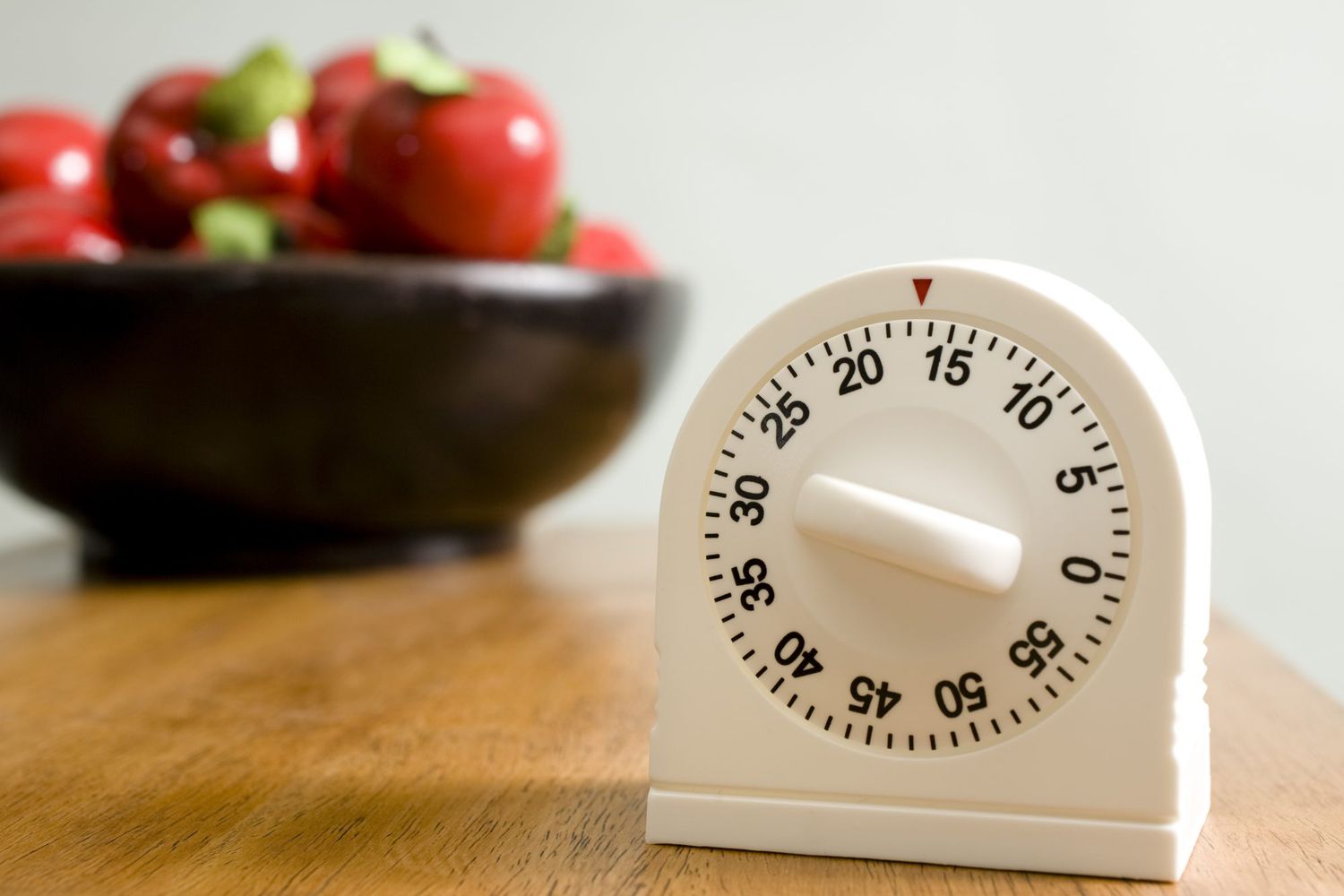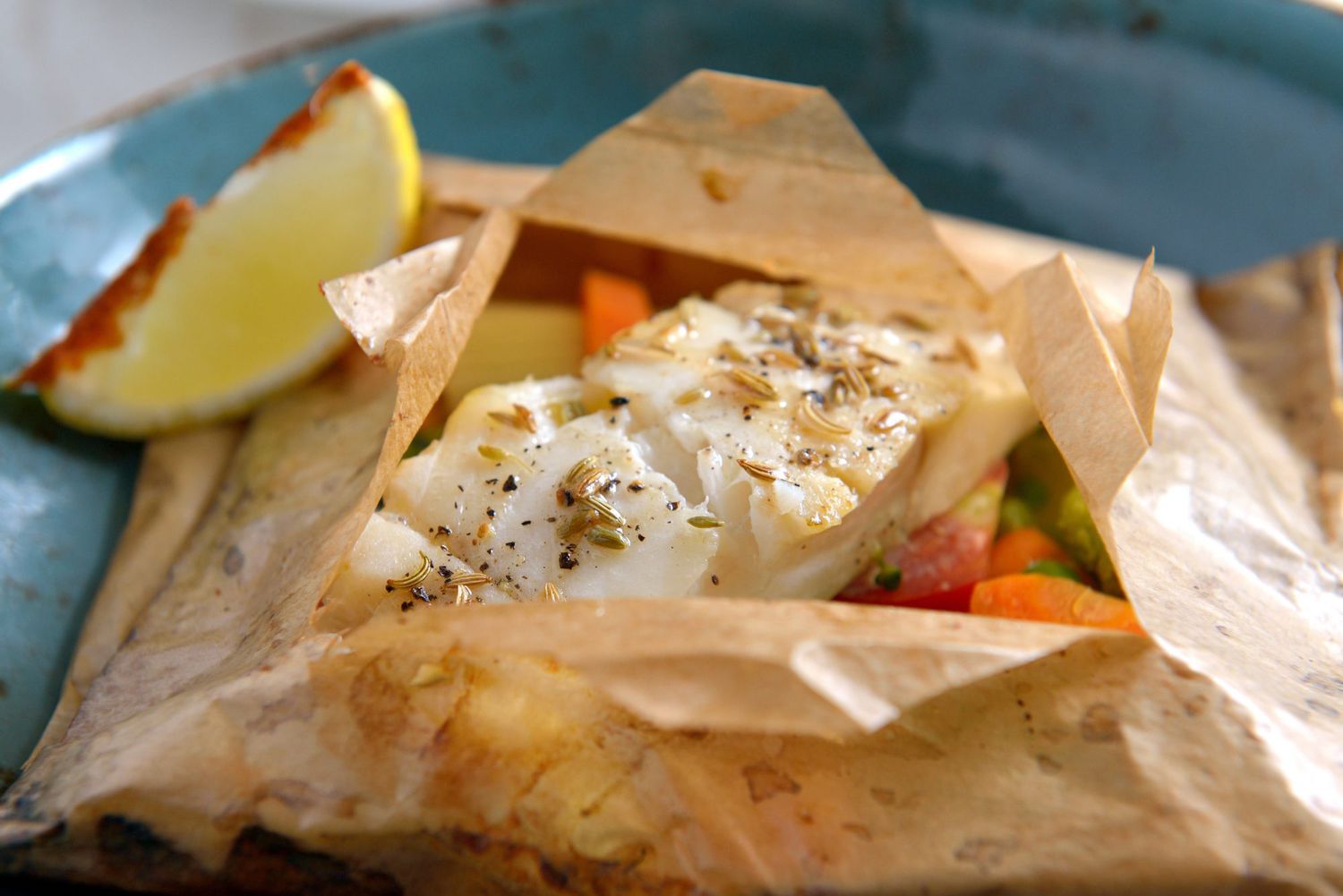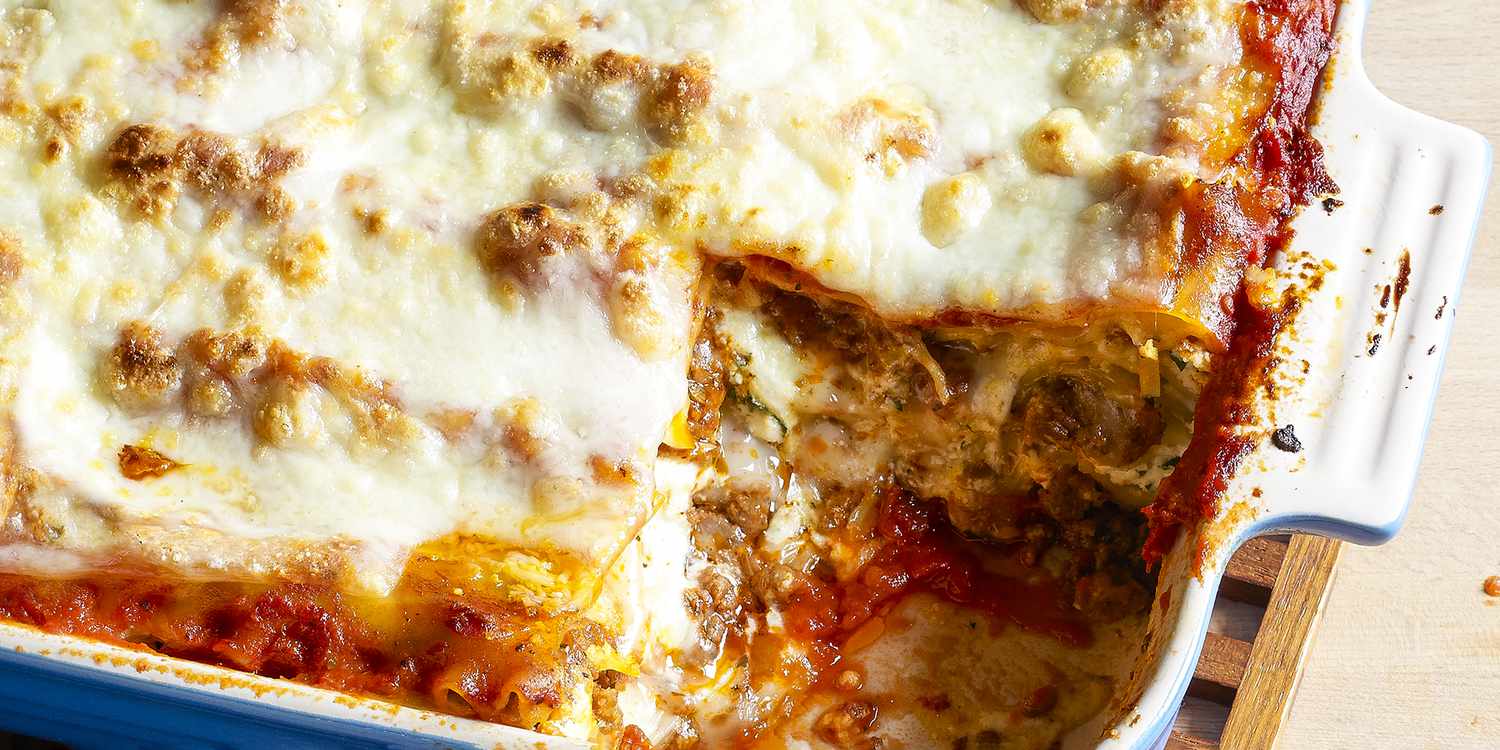As somebody who develops recipes for a living, I always keep a timer in the kitchen. It’s part of the job to track how long it takes to prep something, how long something bakes in the oven, how long something sears before you flip it, and how long something needs to cool. These time ranges are provided in the recipe to give the user an idea of when to do what. That said, when I’m “off duty” and just cooking to my heart’s content, you better believe there is not a timer in sight.
I know, I know. Do I sound insufferable? Oh wow, look at her. She doesn’t even need a timer, hOw pRoFeSsIoNaL. Listen, I hear you. But I’m not preaching about not using a timer because I think I’m a perfect cook or because I think I’m better than the average home cook — I’m preaching this gospel because I genuinely believe that by gradually weaning myself off of using a timer, I have become a significantly better, more confident, and highly ergonomic cook. Timers are like training wheels. There’s nothing wrong with them, and you need to use them in order to learn. However, you reach a point where, whether you realize it or not, you just don’t need them anymore. Are you ready to toss those training wheels to the curb and cruise on into the sunset?
Let’s back up. When a recipe offers a set amount of time or a time range for a step of the recipe, it is usually accurate. If a recipe states you need to sear a fish fillet for four minutes on each side, well, there’s a good chance that the person who wrote that recipe held a timer over their fish fillet and made sure they were giving you the proper instruction. However, I think that as you get more and more comfortable cooking, you’re better off just relying on visual cues and instincts to guide your movement around the kitchen.
Even the most well-written recipes cannot account for all of the different variables that go into cooking. Everyone’s stoves and ovens operate at different heats, not all produce and meats are the same size or dimensions, humidity and elevation can affect cook times, and different cookware can impact how things cook. Getting into the habit of knowing when things are done based on sensual (visual, audible, olfactory, and tactile) clues versus a timer going off gives you far greater flexibility and range in the kitchen.
One of my chef instructors in culinary school would always answer the question of “how long should we cook this for?” by saying “until it’s done.” Even though I turned around and rolled my eyes under my toque every time he offered this reply, I have to admit that he was right. Your food will tell you that it’s done better than any timer can. This practice of not setting a timer may seem like you’re setting yourself up to forget about something in the oven or on the stove, but I can promise that (more times than not) you won’t. It will keep you on your toes and for me, I feel like it makes me even more focused because I’m juggling several tasks at once. Ah, the thrills of cooking!
Don’t get me wrong — there are a few exceptions to this rule. I always put a timer on when I’m toasting nuts in the oven because that is a kitchen task that always ends in charred, burnt heartbreak for me. I also use a timer for baked goods, mostly because I’m not nearly as confident of a baker as I am a cook, and those projects typically require a bit more accuracy when it comes to timing. Other than that, I really don’t see the need for a timer in the kitchen (ahem, except when, you know, I’m doing my job as a diligent recipe developer).
If you’re ready to take the leap of faith, I’d recommend gradually leaning into it. There’s no need for you to chuck your timer in the fire just yet. If it’s your first time trying out a certain recipe or cooking a specific food, maybe it’s best to have a timer accompany you just so that you can have a rough idea of timing when you make it again. Then, once you think you have a better idea of the sensory cues that you’re looking for, try making it again…this time, without a timer. It may seem un-comfy at first, but remember how scary it was the first time you took those training wheels off? You’d be surprised how quickly and easily you’ll adjust. Not to mention, how much more enjoyable and leisurely cooking will begin to feel.
Related:
- The Best Cooking Tips We Learned From Our Moms
- 25 Common Cooking Terms You Should Know to Be a Better Cook
- How to Make Casseroles Without a Recipe




